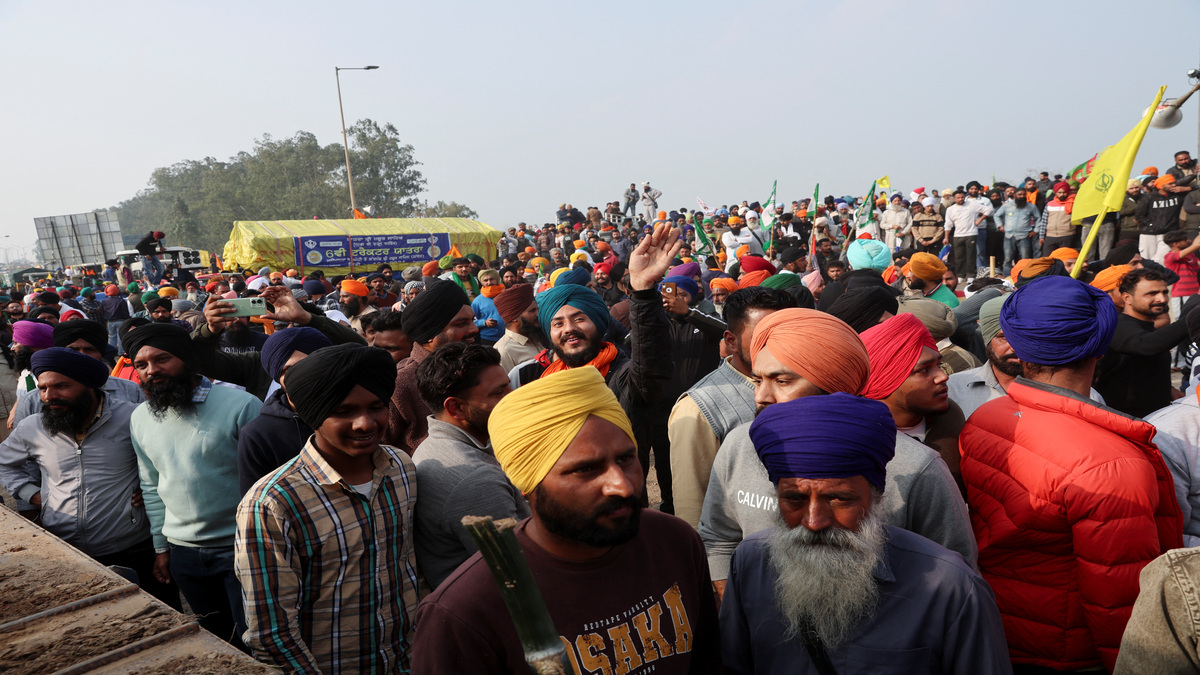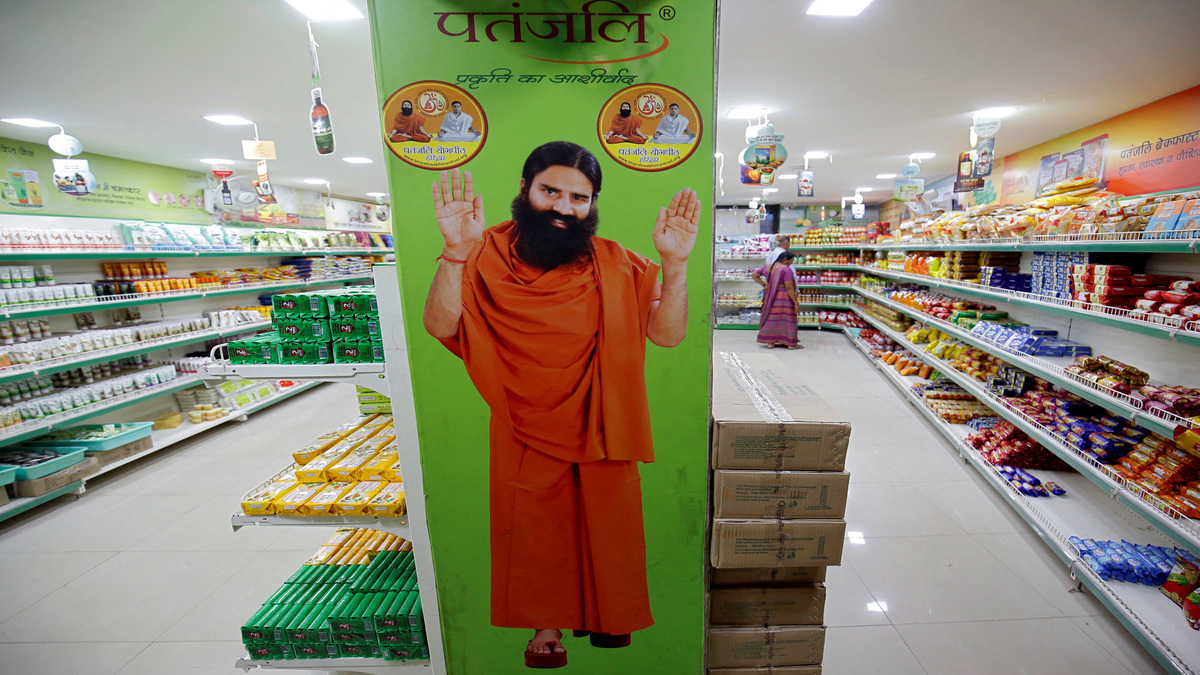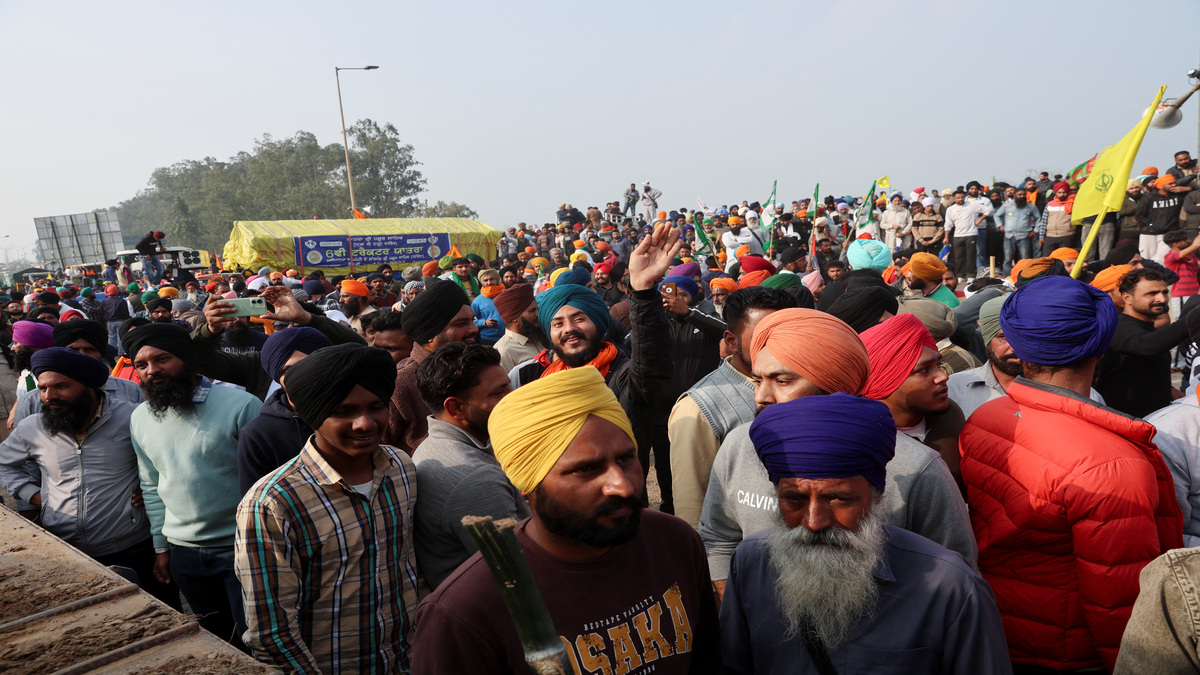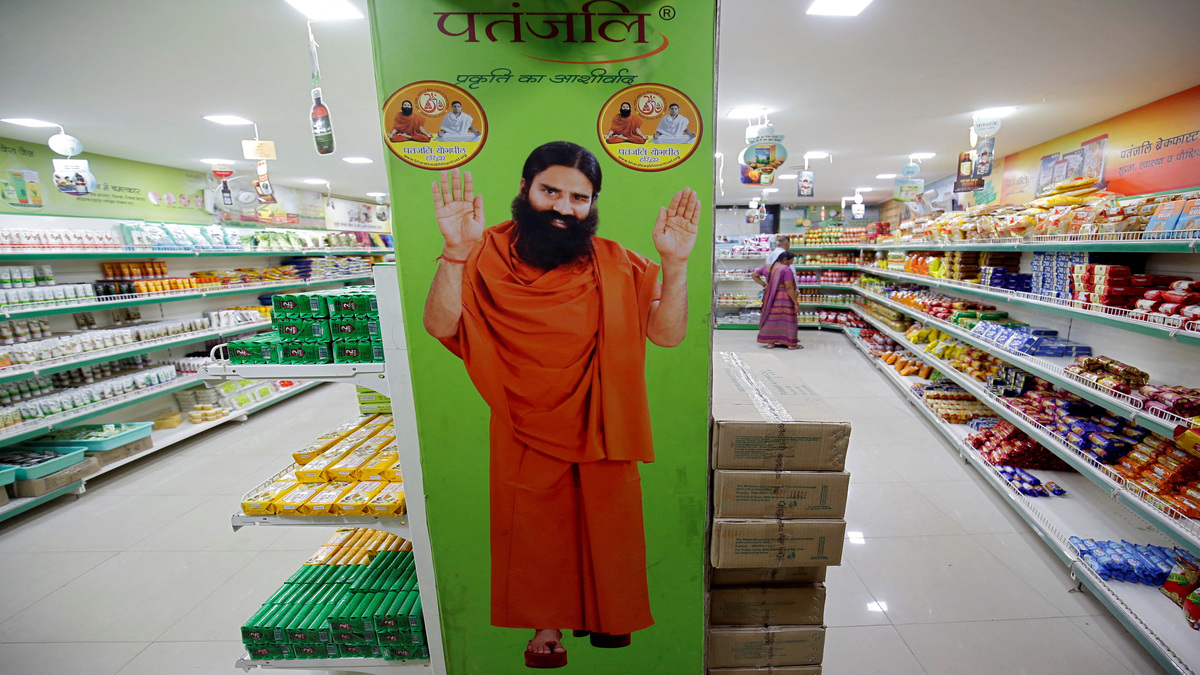A good administrator, an honest civil servant and a writer of repute; Arunachal Pradesh Governor Jyoti Prasad Rajkhowa earned many such titles in his distinguished career. But his failure to understand the tribal sensibilities in the state, as its constitutional head, cost him all the laurels that the 72-year-old had earned in his lifetime.
Rajkhowa reportedly disclosed to a television channel recently that a minister from the Centre had informed him of the government’s desire for him to resign, which he said he refused to follow. The disclosure came as a surprise for many in the region, given the fact that Rajkhowa was among the few governors appointed during the present NDA regime and was also seen as loyal to them.
According to reports, Rajkhowa was asked to resign “on health grounds”. The pressure from the Centre for him to resign came just weeks after the Supreme Court restored the Congress government in the state.
The Supreme Court had declared Rajkhowas’s decision, that resulted in the imposition of President’s rule in the state and ultimately led to the formation of a new government spearheaded by a faction of rebel Congress ministers, as “unconstitutional”.
While refusing to resign without an order to do so from the President of India, Rajkhowa reportedly said to the media, “I do not have a single blot in my long career in the government. The government must have appointed me as governor on the basis of my spotless track record. I feel very humiliated. It was a bolt from the blue.”
Back in his home state Assam, hardly anyone would disagree with Rajkhowa’s take on his career. In fact, Rajkhowa has always been seen as a decorated personality in the Assamese society – a person with a brilliant academic career who made the state and its people proud by cracking the prestigious Union Public Service Commission exam and getting selected as an Indian Administrative Service officer as early as the year 1968.
His elevation to the post of chief secretary of Assam in 2003 was publicised by the Assamese media with much fanfare. Apart from his drastic moves as the chief secretary to inculcate work culture in the state secretariat, his retirement from the service was also a subject that attracted wide media coverage.
His literary works on the life and preaching of the great saint Srimanta Sankardev, whom the mainstream Assamese swear by, earned him many accolades.
But Rajkhowa stands disgraced today; a persona-non-grata not only for the BJP led NDA government that appointed him as governor a year ago, but also for many in Arunachal and his own society in Assam.
A senior journalist based in Guwahati who did not wish to be named told Firstpost that as an Assamese he is ashamed of what Rajkhowa did in Arunachal – that led to the fall of a democratically elected government.
He further said that today Rajkhowa is not only seen as responsible for violating constitutional norms but also for damaging the fabric of mutual trust between the people of Assam and those of Arunachal Pradesh.
Respecting tribal sensibilities has been a social norm that is widely accepted and practised to a fault in North East India. Every North Easterner is expected to know this norm. But the scene in which a born Assamese, Rajkhowa, was seen interfering in the affairs of a government democratically elected by the people of the tribal state, bruised the emotions in Itanagar.
Jyoti Prasad Rajkhowa’s fall from grace began right from the start of the constitutional crisis in Arunachal Pradesh. Just two weeks after he decided to advance the Assembly session by more than a month, on 9 December 2015, which the apex court declared unconstitutional in its final verdict this year, the All Nyshi Students Union raised protest in front of the Raj Bhawan in Itanagar.
Nyshi is a dominant tribe in Arunachal Pradesh and Nabam Tuki, the then chief minister of the state who was ousted in this Assembly session, is a leader from this tribe.
But that was not the only pitfall that Jyoti Prasad Rajkhowa stepped on. The protesters sacrificed a ‘mithun’, an animal of the bovine species, in front of the Raj Bhawan; which the governor cited as cow slaughter . He saw this act as a serious sign of law and order break down, and cited it as a reason to implement President’s Rule in the state in his affidavit to the apex court.
A mithun is considered a sacred animal among many tribes in Arunachal Pradesh. Mithun is sacrificed by many such communities as a ritual. But citing the incident of sacrificing as cow slaughter was seen as another example of disrespect to the tribal culture of Arunachal Pradesh.
Another reason why Rajkhowa was accused of playing an anti-Nyshi and anti-Arunachali role was a letter he allegedly wrote to the prime minister during the constitutional crisis itself, in which he advised the government to upgrade an airport in his home state Assam rather than developing one at Itanagar.
The final blow to his image came with the Supreme Court verdict that declared his role in the crisis period as unconstitutional. It only fortified the suspicion against him of playing an anti-Nyshi and anti- Arunachali role.
The Supreme Court indictment on the role of the governor’s office was seen as his major defeat. Hence his refusal to step down from the post of a governor on the pretext that the President of India has not sacked him yet, is also seen as a desperate attempt to make it not look like one.
Certainly, the BJP also had to pay a political price for the decision of advancing the Assembly session. Since the constitutional crisis in Arunachal Pradesh emerged just six months after Rajkhowa was appointed as the governor, political pundits have every reason to believe that it was ‘created’ for obvious political gains.
But the price of letting Rajkhowa continuing in his office could be even dearer for the BJP at a time when he has fallen from grace and has turned a bête-noire for the masses in Arunachal Pradesh.
The Bharatiya Janata Party, that has a potent presence in Arunachal Pradesh with 11 MLAs, can hardly afford to be seen in the same light as Rajkhowa before the 2019 Assembly election.
Since the party plans to march ahead to other North Eastern states, following a historic win in Assam, it would not be surprising to see if Rajkhowa is sacked in the near future; in case he remains adamant in his present stance that is.


)




)
)
)
)
)
)
)
)